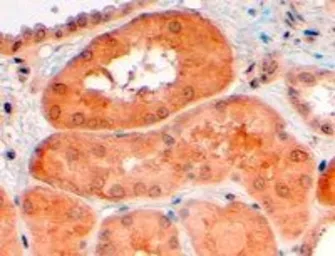PCSK9 antibody, C-term
Cat. No. GTX47601
Cat. No. GTX47601
-
HostGoat
-
ClonalityPolyclonal
-
IsotypeIgG
-
ApplicationsWB IHC-P
-
ReactivityHuman

